 I applaud the move towards openness, honesty, integrity. In the conceal/reveal cycle, as my friend Eric calls it, we’ve been moving steadily into an age of “revelation” if you’ll permit me the word.
I applaud the move towards openness, honesty, integrity. In the conceal/reveal cycle, as my friend Eric calls it, we’ve been moving steadily into an age of “revelation” if you’ll permit me the word.
When is revealing too much, though? There seems to be a delicate balance wherein you want to know the person on the other side of the business is a human being, is real, isn’t a polished veneer of pseudo-perfection.
And yet you want to trust that person. You don’t want to really know how often the ball almost gets dropped, or how they might look after a sleepless night, no shower, with a baseball cap jammed on their head to cover up the wild flora of their morning hair.
In my studies in child development and somatic-based therapy, and boy does that sound formal, I mean I’ve read a few books and know some experts I’ve talked to, we’re hard-wired to pay attention to danger. Hard-wired.
So, if you’ve ever wondered why every single rube needs to rubberneck past the accident, slowing down traffic for thousands of people, it’s because we’re genetically disposed to do so. If you wonder why it’s hard to pull your eyes away from action movies, it’s because it’s a survival trait.
It comes from our history as animals on this planet. Before manicured lawns and automatic weapons, human beings used to sometimes get eaten by other animals. We’re wanting to know how to survive that, so we watch.
Why get all grisly on a business blog? Because the same dynamic functions in the reveal/conceal cycle. People want to see the mess of you, they ask for it, they clamor for it, and yet while it might get their attention, it won’t necessarily build trust. The survival brain of the people watching your car accident will be saying to themselves, “Gee, how interesting! I wonder if I would survive that?”
So when and what do you reveal? Here’s how I do it.
- I don’t share messes when I feel completely forlorn or overwhelmed or stuck. I don’t show the gory details of the car wreck.
- I often share messes while I’m still feeling the pain of them, after most of the blood has been cleaned up.
- I do share messes once I’ve regained a sense of perspective on the situation, a sense of how to resolve/work through/be with it, and when I can present the situation in a way that serves others.
No, I don’t have to show up as perfect. But I want anything I share to be expressed consciously in service to others, and not as an emotional/situational vomiting up of a mess. You shouldn’t have to clean up after me, I have a support system who can help me with that. And then I can tell you how I got through the mess.
Exception: If the mess doesn’t have to do with my core competency, I’ll sometimes share more. For instance, when I changed out the kitchen sink a few months ago and included snippets of my experience, the fact that I didn’t know what I was doing, messed up the caulk job, and had to go back to the hardware store five times in the same afternoon is amusing, but doesn’t shake anyone’s confidence in my ability to deliver wisdom, insight and expertise in the realm of business-building.
Chris Brogan wrote about his flaws recently. Havi Brooks does it all the time. Best-selling author Jennifer Louden does, too. And notice how they reveal in a way that is educational, and maybe even inspirational.
Does this help? How do you do reveal/conceal in your own business?

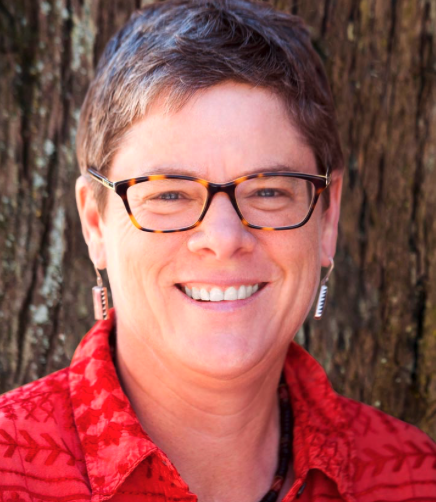
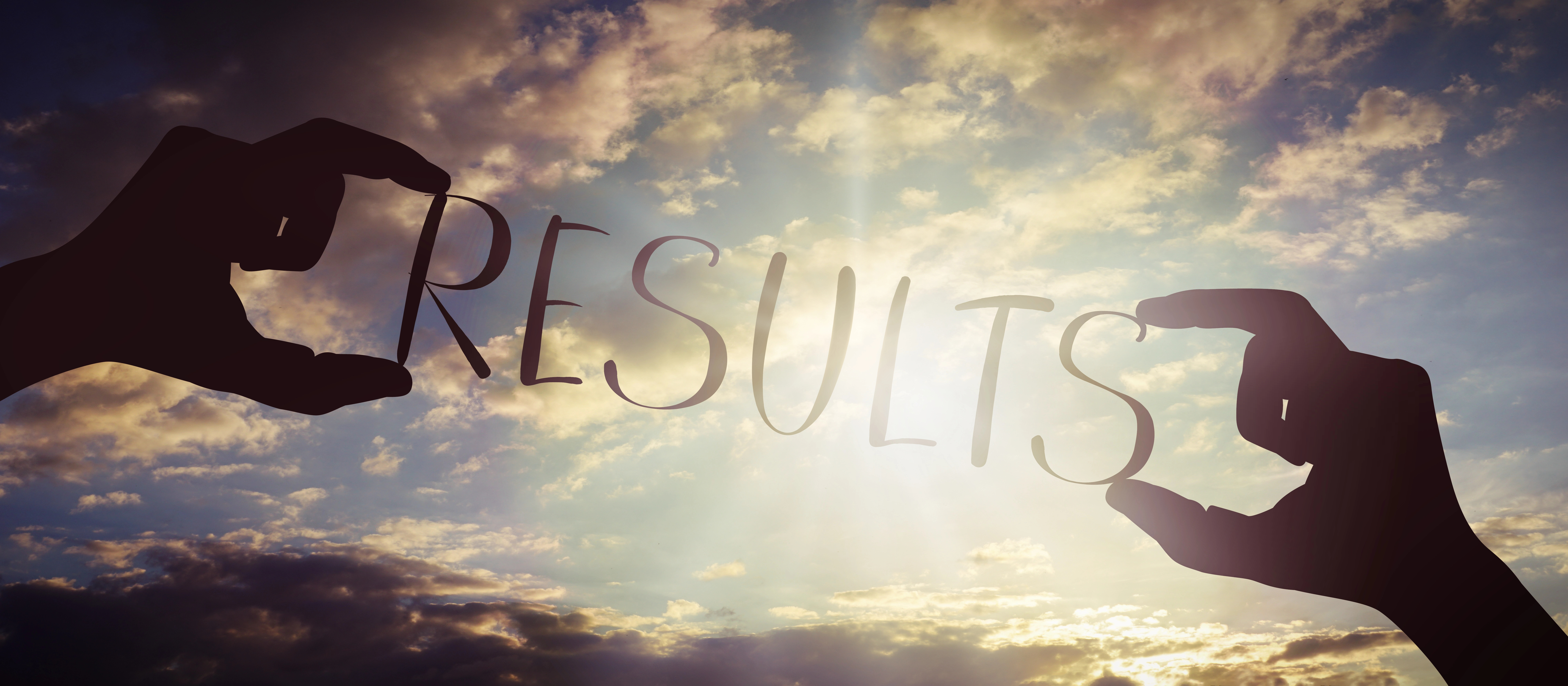

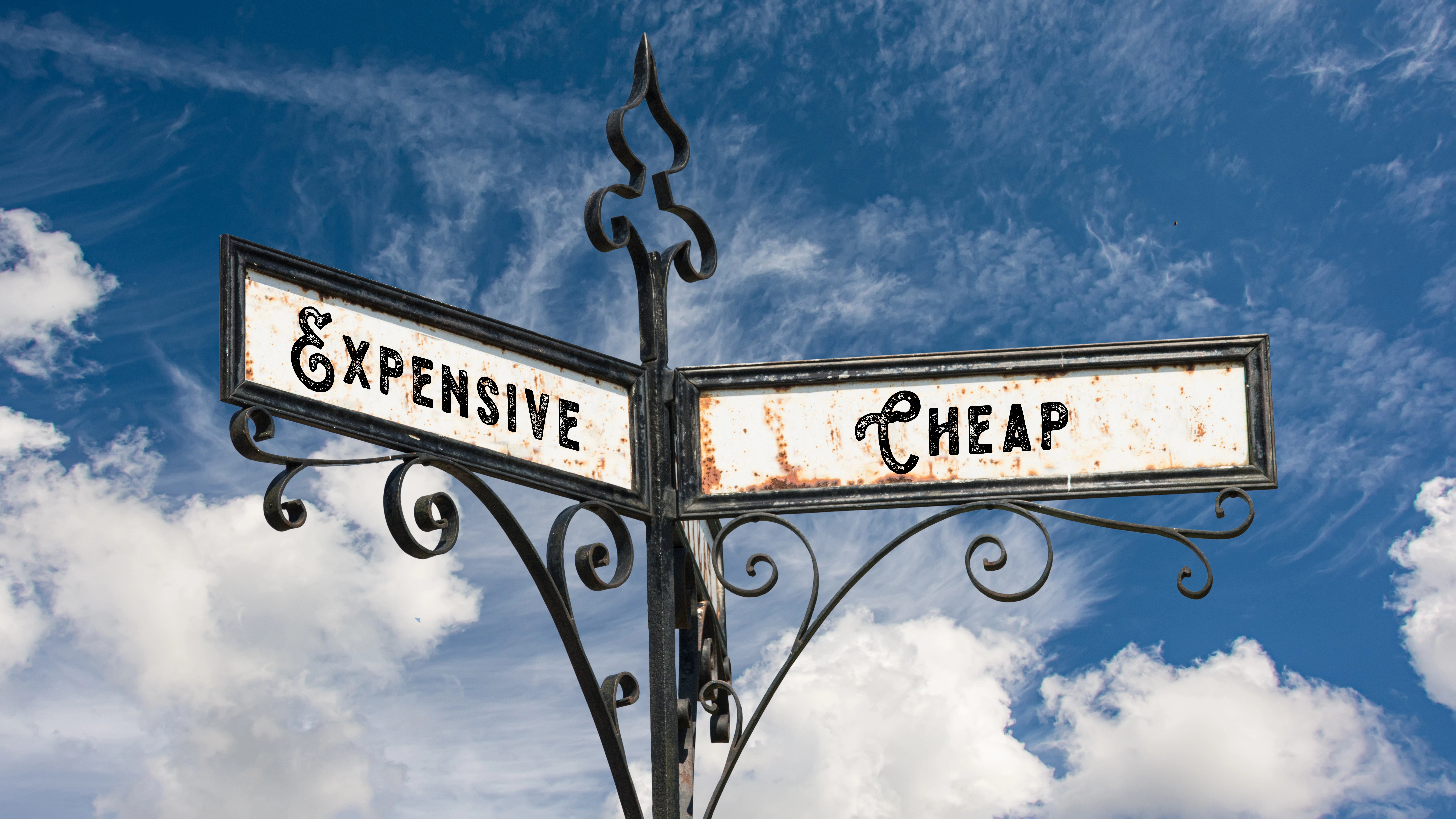
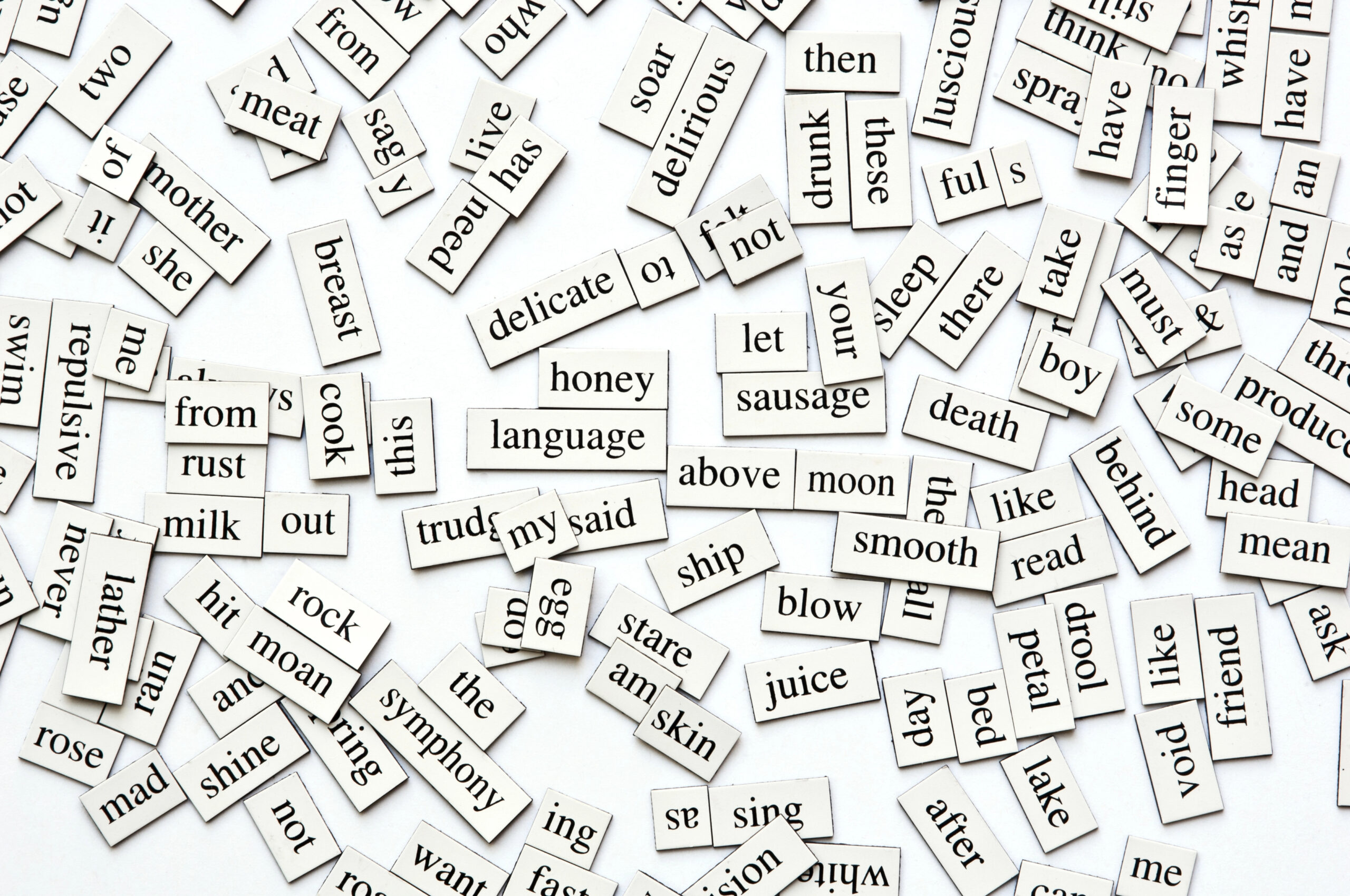
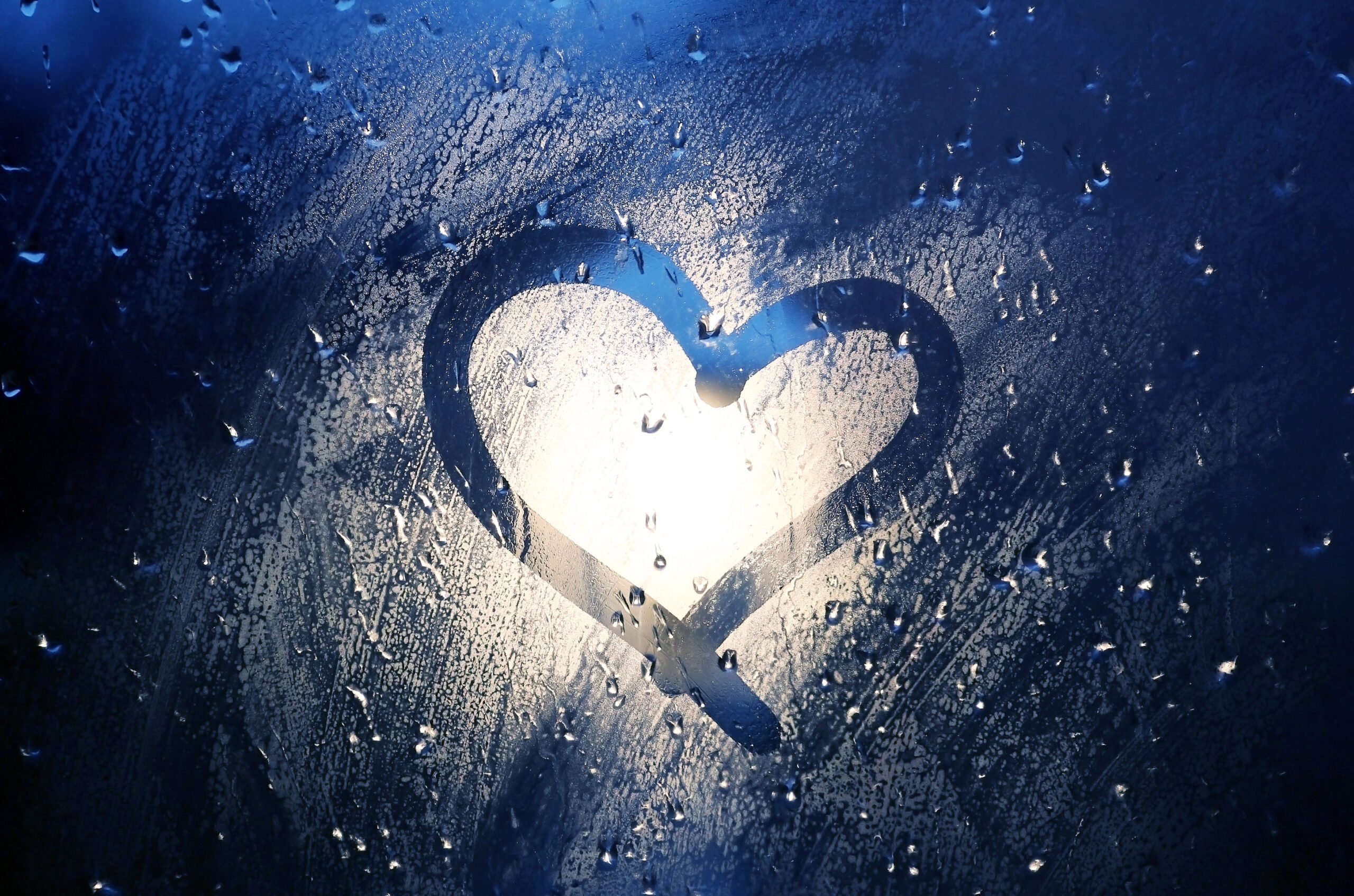
20 Responses
Thanks, Mark. Brilliant as usual.
I especially appreciate your distinctions of when and how to share. To those I would add a check-in with my ego: why am I about to share this? Is there an unmet need that could be met better by my support system?I’m an extreme extrovert, so I like to keep tabs on my “look at me!” tendencies.
Having said all that, I default to sharing my stuff. I’m in the biz of helping people tell the truth, the whole truth and nothing but the truth – first to themselves, then to their communities. So I like to walk my talk. I see people relax when I fess up to my stuff. “Been there, done that!”
In my book, authenticity is the name of the game.
PS. I would add Jen Hoffman to your list of people who do it right. She’s inspiring, and I know you think so too.
Exactly- the “why” question is so important, Julica. And I default, too- I just like to be conscious about it. And yes- Jen Hofmann is one of my favorite peeps.
Yikes! Sorry, Jen, I mangled your last name. I will remember: two n’s like me. : )
Nice post. No wonder people say honesty is the best policy. I believe in being truthful to yourself first. I also agree that you cannot always confess everything under any circumstances and anytime! In periods of personal crisis for instance I prefer to take some time off, to let things cool down, and then think about my next step and I feel that when it comes to relationships especially, this is the most appropriate thing to do.
Hi Daniel- thanks for your kind words- and glad it landed with you.
Great decision framework for sharing, Mark. There are some things we have to weigh or we run the risk of hurting our own credibility.
If you can make a lesson out of it, that’s key, otherwise why would you be sharing it in the first place? That being the case, we don’t always see the lesson at first, which means it’s not the right time to share the story yet.
Michael- so great to see you here- and thanks! It’s so true. We can undercut what we’re trying to do.
Thanks for this post. I posed the same question to my own readers recently. It’s something I’m trying to figure out for myself.
They don’t need to know EVERYTHING about me, but I’d like my customers to know that I’m a real person who has real experiences, just like they do.
Hi Jen- must be something in the air… 🙂 I’ll be curious to see how you solve it for yourself.
This is a great post, thanks for writing it! I think about this topic every week as I write my newsletter. When I first started sharing my experiences of going through a heart-breaking divorce and adjusting to life with chronic pain (and still running a business), my family and friends were very concerned that I would make myself “unemployable” by my honesty.
I have found, instead, that sharing my techniques for nurturing myself, managing time, energy, creativity, pacing, etc… can help people get their business organized and running efficiently whether they have chronic pain, need more time for their family or simply want more time for enjoyable pursuits.
Like you, Mark, I don’t usually share a struggle until I’ve found perspective and a solution. I’m an eternal optimist, and I turn every challenge into a learning opportunity. I reach out to my spiritual practice and my nearest and dearest for the emotional support I need to get through a rough time, and I make a point of not leaning on my clients & audience to fill those deeply personal needs. Instead I reach out with my lessons learned to be of Service through inspiration, perspective and effective ideas.
Sounds like a perfect combination, Joanna. And I’ve found the same thing you have- we can share ourselves in a way that builds trust so beautifully. And my heart goes out to you- so glad you came through your struggles with your optimism intact!
Great food for thought. Thanks for sharing.
I think I default to probably sharing more, when it’s probably best for me not to. Thanks for pointing out that we can still be authentic but not necessarily need to share everything with everyone all the time.
I think what’s missing for me is a support system. I guess it would be good for me to think about how I might create a good support system that works for me, so I don’t always feel the need to overshare with whoever’s most handy and convenient to me at the time.
Aaron- so true! It’s the support structure that is so critical. We all need support- and if we don’t care if it in appropriate ways, it tends to come out elsewhere…
This is such perfect timing – I couldn’t sleep last night because there was this super-honest blog wanting to pour out of me. It flowed in one take… and now it’s sat printed out, staring at me, asking me: “Do you REALLY want to tell people this??” I was starting to secretly backtrack, plotting to file it away to gather dust…
But I know – and the synchronicity of your post reconfirms this to me – that my Tribe LOVE it when I get transparent, personal and messy. One client said that was one of the aspects she finds most compelling: that I wasn’t putting myself up as some guru on a pedestal – that I’m just a fellow solopreneur making my way, sharing what I learn along the way, offering compassion and empathy as much as expertise.
So the blog linked below is NOT the super-honest one (you have to wait for that!) but at least now I know it WILL make it out, where it can actually help other people. I find such fulfillment in knowing I can be of service – and if our pain can be useful to others, it’s worthwhile.
Thanks, bright angel,
Corrina
I can’t wait to see it, Corrina! And so glad I could support your sharing. 🙂 Rock on!
Good post i must say, I believe in being truthful to yourself first. I also agree that you cannot always confess everything under any circumstances and anytime! In periods of personal crisis for instance I prefer to take some time off, to let things cool down, and then think about my next step and I feel that when it comes to relationships especially, this is the most appropriate thing to do.
Mark,
Thank you for writing about a topic that is very pertinent for me. As someone who helps women heal from eating disorders – and as someone who’s had over 20 years of personal experience with eating disorders – I regularly reflect on where I stand in the overshare/undershare balance.
Two things come to mind while reading your article – intention and vulnerability.
This past year I became more conscious about my communication. I started to ask, “What is my intention in sharing this?” As I became more aware about the many needs that I was trying to fill in my communication, I felt like I had greater discernment about what to share.
For example, I went back and read old blog posts and saw how my tone was strident or harsh at times because I felt like I had to adopt this mantle of “the expert.” Whew, was that humbling to see!! And yet seeing how I was playing out this “role” helped me soften my tone.
My intentions are also intertwined with my willingness to be vulnerable.
We live in a culture that’s about being “cool,” that celebrates adolescent values of looking good. This is the opposite of vulnerability, honesty, having a softness or warmth in the heart.
I’ve found that this notion of “looking good” can be prevalent in self help, healing, personal growth and business circles. There’s a lot of slick marketing out there!
While my first reaction says this kind of marketing creates anger in me, what it really arouses is sadness. I feel sad because it creates separation – it perpetuates the “open secret,” as Rumi illuminated so long ago.
When I read or study from people who are “all together,” I often feel small, separate, and alone – like there’s something wrong with me, because I still have tangles and their tangles are ironed out.
Likewise, if I teach and work from this space – of having all my tangles ironed out (which can come across as being above others) – I, too, create separation.
For this reason, I lean towards sharing the open secret, that we’re all bumbling our way through life, finding a mixture of pain and joy; learning lessons through “success” as well as through “failure.”
At the same time, as you pointed out, we want our customers to feel safe – to rest in our expertise. There needs to be trust there. Using my customers as an emotional dumping ground isn’t appropriate, either.
So it’s a balance, a paradox….to share my open secret and also share my capability. To share and also hold the space for their process, too.
One other thought – when I share both my strengths and some of my challenges, I also give my readers permission to do the same: to be a whole person with a full range of emotion and experiences. In other words, they are not their stuck points or wounds. They also have strength.
Belonging. That’s what it comes down to me for me. Are my words creating separation or belonging? I want to strive for belonging – because I believe that’s the gift of being human and interdependent. My friend Maureen says, “Life is hard but we have each other.”
Thank you Mark! Warmly, Karly
I loved your post, Karly! Thanks for your heart-felt sharing!
Karly- I love that question, “Are my words creating separation or belonging?” That’s such a beautiful discerning question.
Its Great post. I